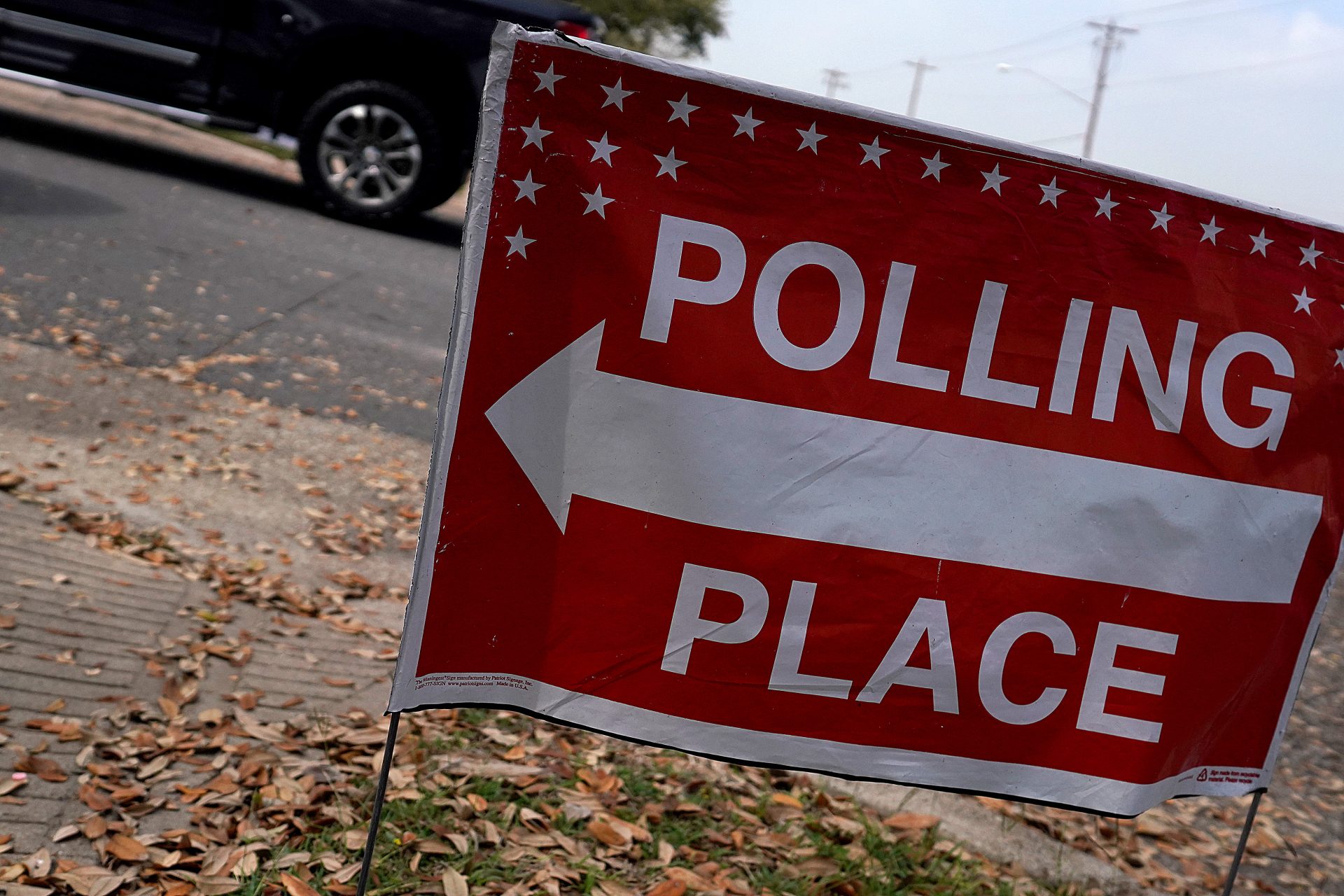|
Only have a minute? Listen instead
Getting your Trinity Audio player ready...
|
Two propositions on the November ballots in McAllen reflect efforts that have been popular in some other parts of the country and seem to promote democracy by giving residents more power. Similar measures have won favor elsewhere in the Rio Grande Valley and we can expect the efforts to expand throughout the region.
In reality, however, such measures have created more problems than they solved. We can’t support them.
Propositions A and B are promoted as a way to reap the benefits of voter participation. However, if voter participation were great enough to produce those benefits, such measures wouldn’t be needed.
Austin-based group Ground Game Texas has entered the Valley and apparently is working to enact change throughout the area. After successful campaigns in Alton and Edinburg, it has secured these ballot measures in McAllen.
Proposition A would lower campaign finance limits for candidates for the city’s mayor and commission to $500 per donor.
Efforts to reduce campaign contributions nationwide have backfired. Private and public groups now form and donate to political action committees — in some cases more than one, enabling them to provide more money to candidates and escape public scrutiny since the donations are made in the name of the PAC, not the donors.
McAllen’s Proposition B would allow citizens to force ballot referendums for new measures, repeal of existing ones and recalls of city officials.
Unfortunately, historically voter participation has been so low — single-digit turnout percentages in some elections — that the power provided by such measures is wielded by small, motivated groups rather than the citizenry at large. As we have seen in the past special elections, bond referendums, state constitutional propositions and other matters pass more often than not because supporters are more motivated to vote than those who oppose, are ambivalent or simply don’t care about them.
Groups supporting certain measures, including niche or unpopular issues, have gotten enough petitions to force votes, and seen them pass when few people voted. Taxpayer money has been diverted to those special interests, and often led to subsequent referendums, and costly elections, to rescind and reimpose the measures.
Motivated groups in specific neighborhoods have killed infrastructure projects that would have brought greater benefits to the community at large, or zoned out new business that could have brought shoppers more choices and local coffers more sales taxes and economic activity.
Citizens already have a voice in government. They can contact their officials, attend meetings and speak up in public forums. Most importantly, if they vote at the levels required to make citizen initiatives effective, those officials already would be more responsive to their constituents, and fewer, not more, ballot measures would be needed.
Citizen-driven elections haven’t increased public participation where they have been tried. Instead, they have ballooned taxpayer burdens and actually reduced public accountability and citizen influence.
Such measures might seem good in theory, but the reality has been far different.




